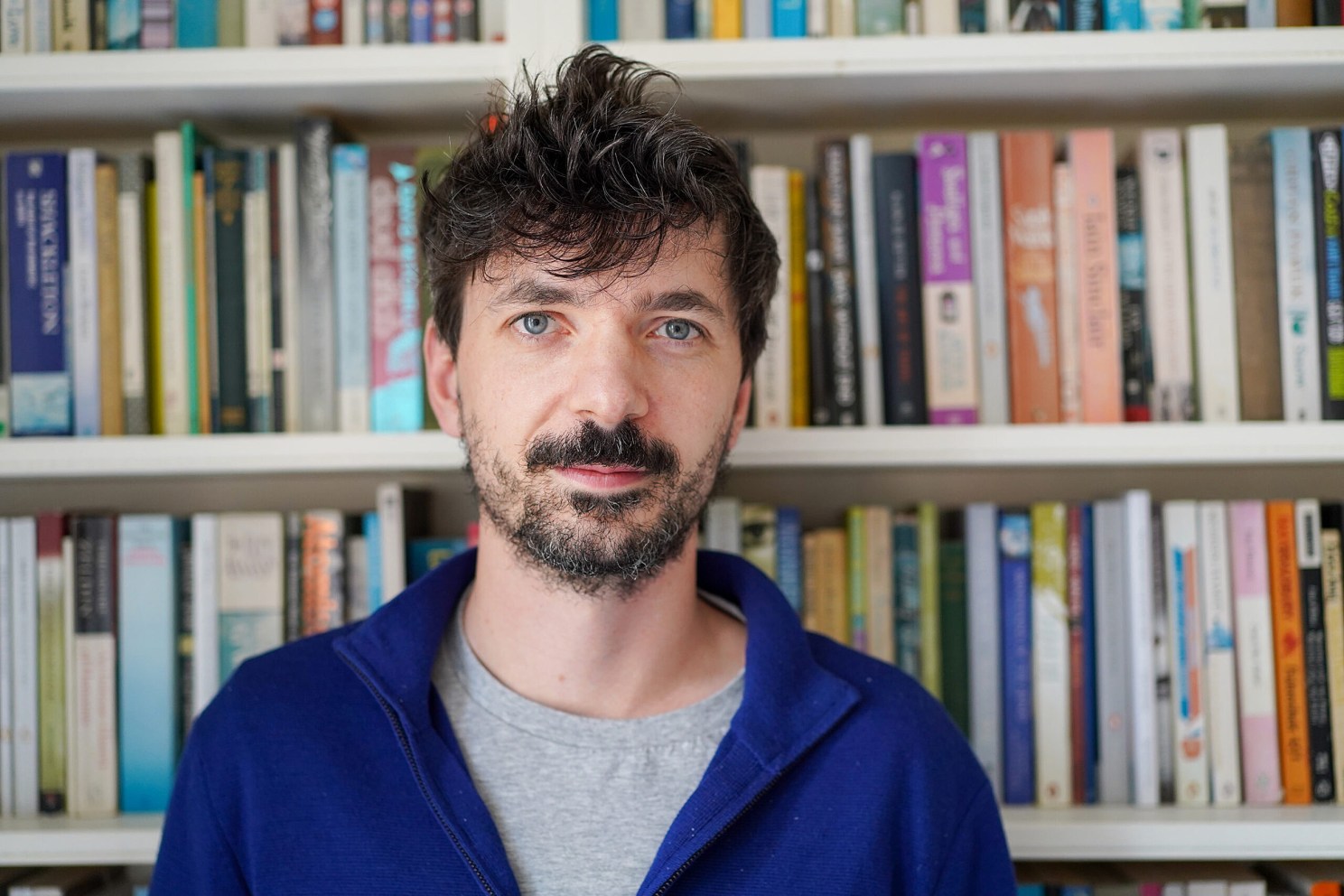Harvard professor Pierre E. Jacob was awarded this year’s Guy Medal in Bronze by the Royal Statistical Society.
The prize is presented by the Royal Statistical Society and is named after William Augustus Guy, the British medical statistician. The prize is awarded to honor excellent work presented to any conference or meeting run by the Society or published in any of the Society’s journals.
“I feel very privileged to be recognized for this work which has taken a lot of efforts from me but also from a lot of collaborators,” Jacob said. “My first reaction is gratitude to the Royal Statistical Society and to my collaborators without whom I would not have gotten this award.”
Jacob won the honor for his innovative and fundamental contributions to Bayesian and computational statistics, including for the paper titled “Unbiased Markov chain Monte Carlo with couplings.” It was written with Yves Atchadé from Boston University and John O’Leary, who graduates this spring with a Ph.D. in statistics from Harvard. The paper looks at scaling up classic Markov chain Monte Carlo algorithms to obtain samples from probability distributions using coupled chains.
Jacob is the John L. Loeb Associate Professor of the Natural Sciences in the Faculty of Arts and Sciences. Jacob has been at Harvard since 2015. He graduated from Université Paris-Dauphine in 2012 and has previously worked at the National University of Singapore and the University of Oxford.
His research focuses on the development of statistical and computational methods, including for time series analysis, state space and agent-based models, sampling algorithms using Markov chains and probabilistic modeling. The aim of his work is to help scientists calibrate complex probabilistic models using available data and to quantify the associated uncertainties as accurately and honestly as possible.
“My research concerns primarily the development of new algorithms to generate samples,” Jacob said. “They are often called Monte Carlo algorithms. For machines that follow instructions deterministically, dealing with randomness is hard. Even flipping a simple coin, that would land on ‘heads’ or ‘tails’ with some specified probabilities, is not obvious on a computer. To obtain samples from the probability distributions that arise in modern statistical settings, people employ sophisticated iterative ‘Markov chain’ methods, but it is often difficult to select the number of iterations to perform. Using coupled Markov chains my collaborators and I develop methods where two chains are generated until they meet. This provides a simple yet principled stopping criterion.”
Jacob will accept the prize at the Royal Statistical Society’s annual conference in September.





